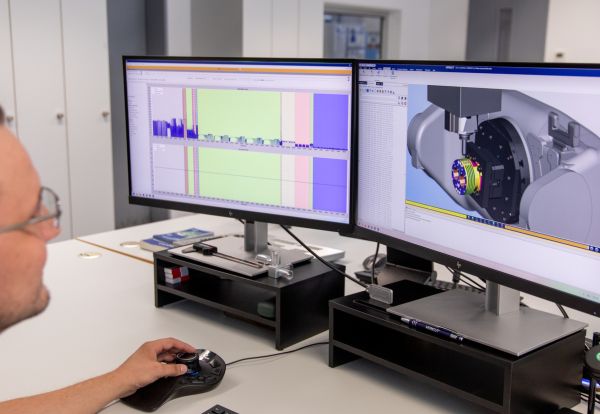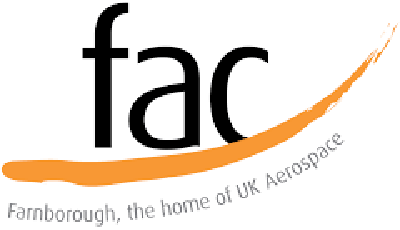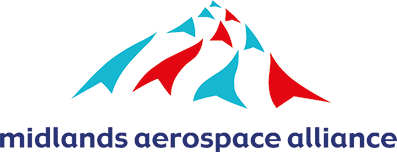Max Hilscher Reaches Peak Performance with Vericut and Vericut Force Next-Level Machining
When things go smoothly, everything falls into place – Max Hilscher GmbH is a striking example of how the right digital strategy and tools can drive a complete cultural shift in manufacturing. The automotive and aerospace supplier has, since last year, been relying not only on automated parts production, but also on a fully digital process chain with Vericut and Vericut Force from CGTech. The results: no more crashes, significant time savings, and a production team working with greater calm and confidence.
A New Mindset on the Shop Floor
Machines are running, morale is high, and there are no more urgent calls from the shop floor. Step into the production hall at Max Hilscher GmbH, and it’s immediately clear that something has been done right. It wasn’t an easy step – but it was a determined one: the introduction of Vericut and Vericut Force didn’t just change how things are manufactured – it transformed the entire mindset of the company.
Christoph Hilscher, who has managed the family business for eleven years, puts it plainly:
“We’ve bought many machines and software tools over the years, but the feedback from production has never been as positive as it is now. People come up to me and thank me for making this investment.”
Parts ranging from single items to medium batches are machined on automated Hermle machining centres. For about a year, the company has relied on end-to-end process simulation with Vericut and feed rate optimisation using Vericut Force.
“A machine crash can easily cost five figures,” says Hilscher. “And if you’re manufacturing complex milled parts for the automotive and aerospace industries, you simply can’t afford those kinds of mistakes.”
That’s why Max Hilscher GmbH chose to digitally safeguard its production processes.
Between Tradition and High-Tech
Max Hilscher GmbH is a family-run business with over 80 years of history at its site in Dornstadt, near Ulm. What started as a traditional workshop has grown into a cutting-edge manufacturing company that sets technological benchmarks for flexibility and quality.
With 55 employees, the company produces up to 200,000 individual parts per year – from one-offs to small and medium series, often highly complex and demanding.
Tobias Konrad, machinist and lead CAM programmer, handles hundreds of NC programs per year – personally creating between one and six per week, depending on part size.
The materials processed include aluminium alloys, various steels, and stainless materials.
Clients come from the commercial vehicle sector and, increasingly, the aerospace industry. To meet rising demands in this sector, the company is now pursuing aerospace certification to DIN EN 9100, in addition to its existing ISO 9001.
Simulation Instead of Speculation
The foundation for this transformation was a fundamental restructuring of the production approach: more automation, more digitisation, more process reliability.
“In a volatile market with highly variable batch sizes and last-minute customer demands, good machines alone aren’t enough – you need a system that thinks with you,” says Christoph Hilscher.
That’s where Vericut comes in.
Machining at Hilscher is far from simple. With a focus on aluminium components, tolerances are tight, geometries are complex, and batch sizes change frequently. CAM programming is done with SolidCAM, and production runs largely automated – ideally around the clock.
The issue, as Tobias Konrad explains, was clear:
“Our CAM simulation didn’t provide complete security. Too often, motion data was missing, or we weren’t sure if the post-processor was interpreting the NC program correctly.”
“Especially with tight tolerances – when there’s just a tenth of a millimetre clearance in the vice – I need absolute confidence.”
Vericut simulates the finished NC program based on the digital twin, including all machine movements, setups, and tool changes.
“Errors can be corrected right in production planning – before the first chip is even cut,” Konrad explains.
Up to 40% Faster
The decision to use Vericut Force was made deliberately – not as a nice-to-have, but as a strategic necessity.
“We have to move with the times,” says Konrad.
“Especially in single-part production, we need tools that help us machine faster and more economically – without sacrificing process security.”
Force delivers exactly that: realistic optimisation that achieves measurable time savings while reducing the strain on both tools and machines.
Vericut Force is a physics-based optimisation module that calculates cutting parameters not generically, but based on real material properties, tool specifications, and machine dynamics.
Instead of relying on fixed feed rates, Force analyses chip thickness in every cutting situation and adjusts feed accordingly to maintain a constant chip load.
“That results in smoother machining, reduced tool wear, and significantly shorter cycle times,” says Markus Rettenberger, Sales Engineer at CGTech Germany.
At Max Hilscher GmbH, the results speak for themselves. Depending on part geometry and material, machining time can be reduced by 5 to 40 percent.
“For us, Force is a real gamechanger,” says Konrad.
“Programs are more stable, we get fewer queries from production, and machine operators are noticeably more relaxed.”
Markus Rettenberger agrees:
“Force creates capacity without buying new machines – simply by getting the most out of your existing equipment. And it does that with minimal training.”
At Hilscher, the optimisation tool was ready to go in no time – and its benefits were clear from day one.
Digital Transformation with Vision
At Max Hilscher, the introduction of Vericut and Vericut Force wasn’t just seen as a software project – it was a strategic turning point.
Tobias Konrad was appointed as dedicated project manager, given the necessary resources, and the entire team was brought on board.
“You can’t implement something like this without preparation,” says Christoph Hilscher.
“If you’re serious about it, you have to give employees the time and space to do it right.”
The payoff? A seamless digital process chain, fewer production queries, reduced stress, and noticeably higher employee satisfaction.
And most importantly: a clear future strategy.
All new machines will be directly connected to Vericut, training is ongoing, and integration is being steadily expanded.
Safer, Faster, and More Economical
This success story shows what’s possible when a company doesn’t just automate – but also takes the leap into digital validation and optimisation. Today, parts are commissioned virtually, then run unmanned in real production – more safely, more quickly, and more cost-effectively.
Christoph Hilscher sums it up:
“We did everything right … although really, we should have started sooner.”






